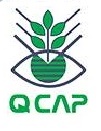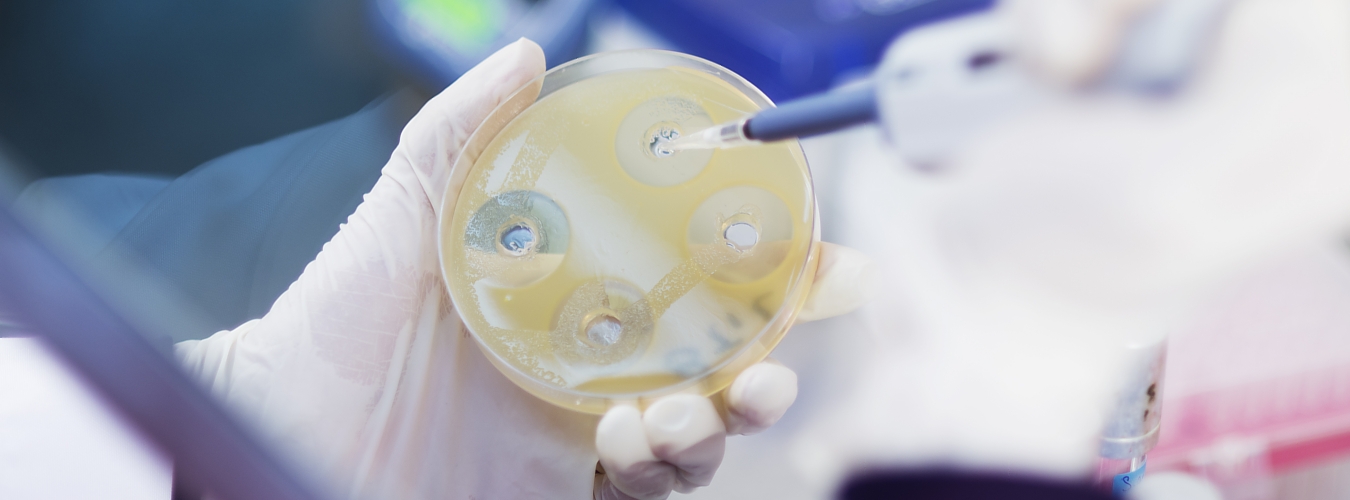
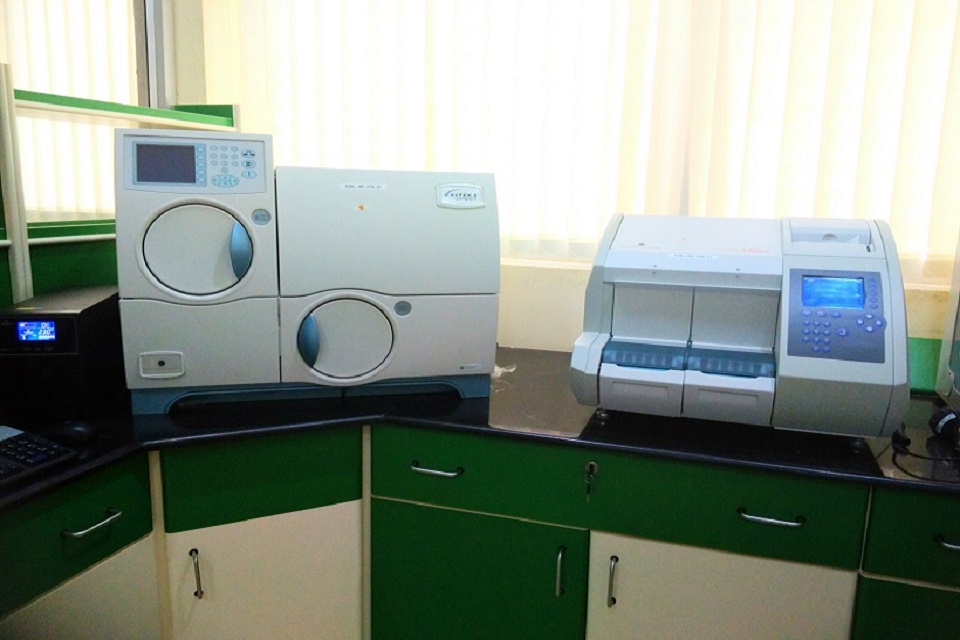
Mini Vidas
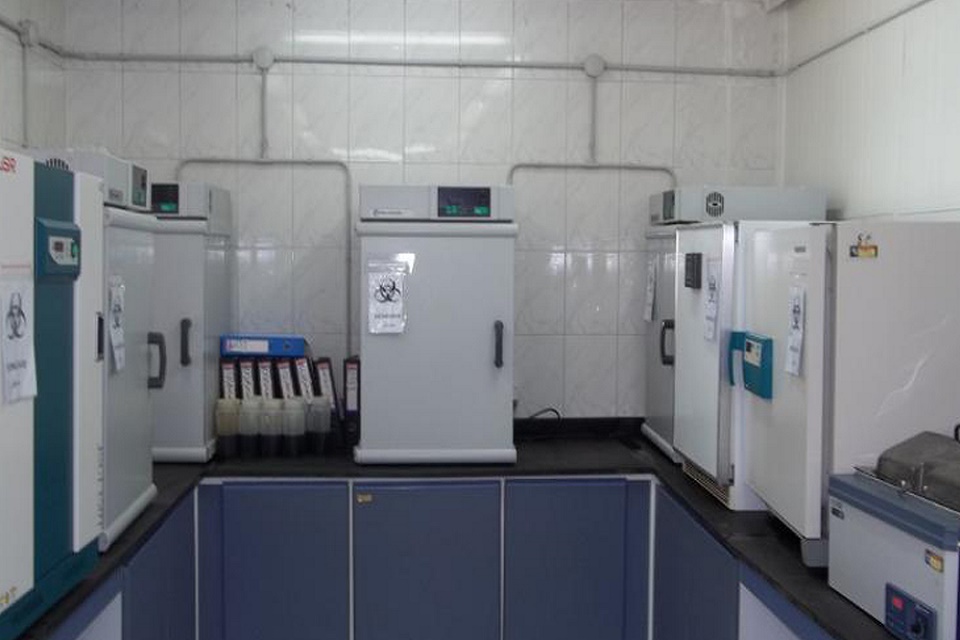
Incubators

Laminar
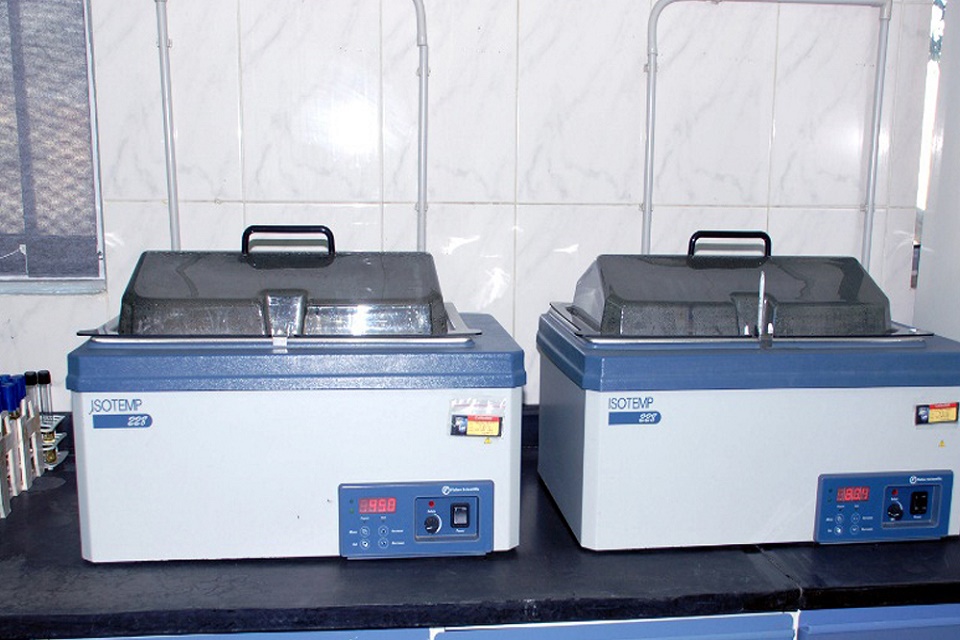
Water Bath
Ensuring Microbiological Safety of Dried Herbs: Our Lab Testing Process
we prioritize the safety and quality of dried herbs through our comprehensive microbiology testing services. We understand the importance of eliminating harmful microorganisms that can pose health risks to consumers. With the use of advanced equipment and adherence to strict testing protocols, our laboratory is committed to delivering reliable results and ensuring the microbiological safety of dried herbs.
State-of-the-Art Equipment
In our testing process, we employ cutting-edge equipment to perform accurate and efficient microbiological analysis. Our laboratory is equipped with the following state-of-the-art instruments:
- Mini Vidas: The Mini Vidas is an advanced automated system that enables us to detect and quantify specific microorganisms in dried herbs. With its precise technology, we can identify and measure the presence of pathogens such as Salmonella and E. coli, ensuring the safety of the herbs.
- Incubators: Our incubators provide a controlled environment with optimal temperature and humidity conditions for the growth of microorganisms. This allows us to detect and enumerate the total plate count and coliforms, which serve as indicators of overall microbial quality in dried herbs.
- Laminar Flow Cabinets: Our laboratory utilizes laminar flow cabinets to maintain a sterile workspace. These cabinets prevent external contaminants from interfering with our microbiological analysis, ensuring the integrity and accuracy of our test results.
- Water Baths: We utilize water baths to maintain specific temperatures required for culturing and incubating microorganisms. These baths provide a stable and controlled environment, enabling us to perform various microbiological tests with precision and consistency.
Comprehensive Microbiological Testing
Our laboratory conducts a range of microbiological tests on dried herbs to ensure their safety and compliance with stringent quality standards. Our testing covers the following key aspects:
- Salmonella and E. coli Detection: We employ specialized methods to detect and quantify the presence of Salmonella and E. coli, which are common foodborne pathogens. By identifying these harmful bacteria, we help prevent potential health risks associated with the consumption of contaminated dried herbs.
- Total Plate Count and Coliforms Enumeration: Our laboratory determines the total plate count, which provides an overall assessment of the microbial load in dried herbs. Additionally, we enumerate coliforms, which serve as indicators of the sanitary conditions during production and handling processes.
- Staphylococcus Detection: Staphylococcus is a group of bacteria that can cause foodborne illnesses. Through our testing procedures, we accurately detect and quantify Staphylococcus in dried herbs, ensuring their safety for consumption.
- Mold and Yeast Analysis: Mold and yeast can proliferate in improperly stored or processed dried herbs. Our laboratory conducts thorough analyses to identify and quantify the presence of mold and yeast, ensuring that the herbs meet quality standards and are free from contamination.
Reliable Results and Quality Assurance
At [Your Laboratory Name], we are committed to delivering accurate and reliable results. Our laboratory follows stringent quality assurance protocols, including regular calibration and maintenance of equipment, adherence to standardized testing methodologies, and participation in proficiency testing programs. These measures ensure the consistency and reliability of our microbiological testing results.
summarized
Through our advanced equipment, comprehensive testing procedures, and commitment to quality assurance, [Your Laboratory Name] ensures the microbiological safety of dried herbs. Our testing services, including the detection of Salmonella, E. coli, total plate count, coliforms, Staphylococcus, mold, and yeast, provide assurance to consumers and industry stakeholders that the dried herbs they use are safe, free from harmful microorganisms, and compliant with stringent quality standards.
Warning: count(): Parameter must be an array or an object that implements Countable in C:\inetpub\vhosts\q-spices.com\httpdocs\wp-content\plugins\unlimited-logo-carousel\inc\views.php on line 28












